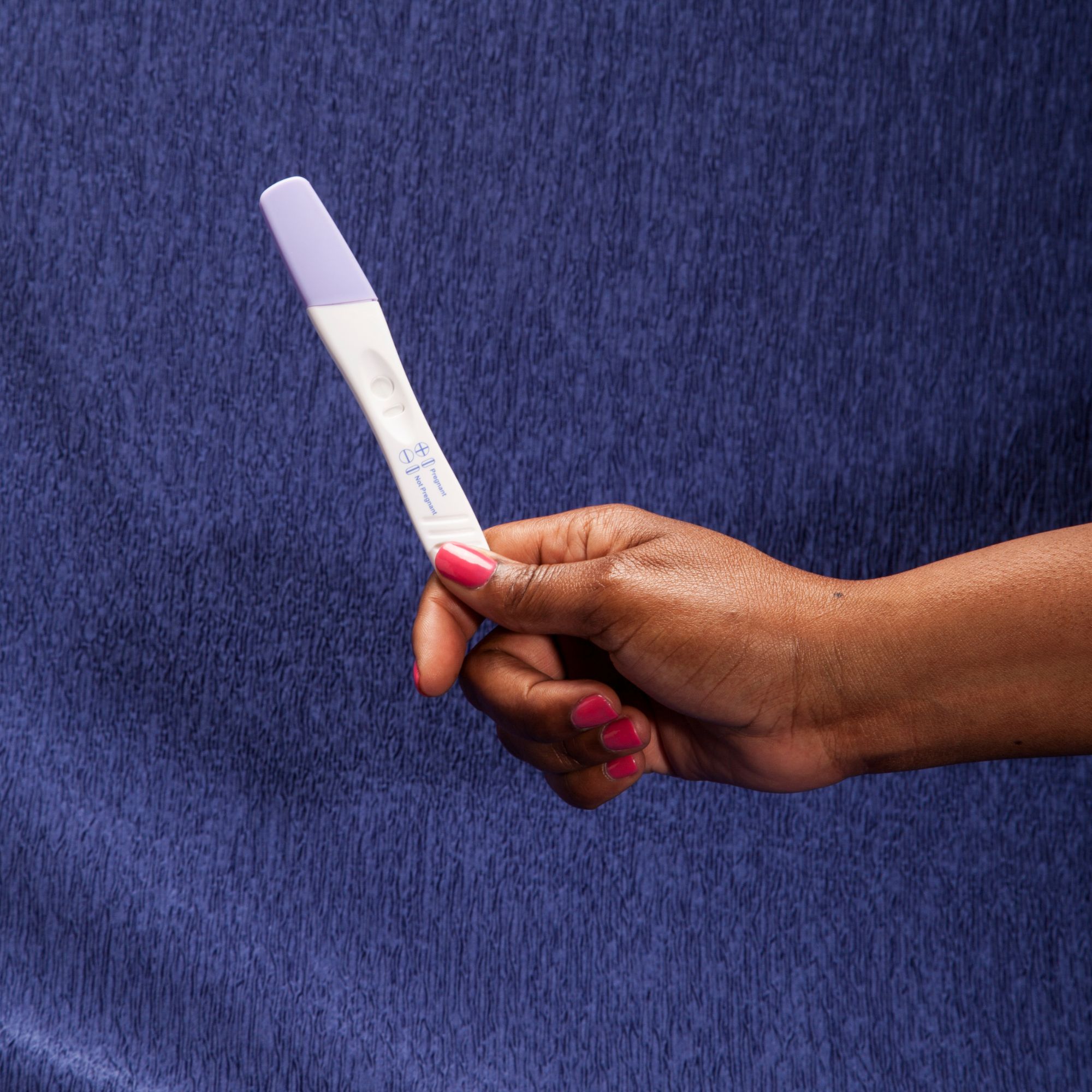
- POPSUGAR Australia
- Fitness
- Changes Your Ob-Gyn Will Suggest You Make to Your Diet Before Trying to Conceive
Changes Your Ob-Gyn Will Suggest You Make to Your Diet Before Trying to Conceive

Welcome to POPSUGAR Uninhibited: The Fertility Edition, a space where anyone who ovulates can come for information, advice and support. Here, we’ll tackle topics like fertility in your 20s, conception and egg freezing. You can find all of the stories here.
If you’re planning on getting pregnant, you may be wondering if there are any “magic foods” you should be consuming to boost your fertility. While there’s no such thing as a guaranteed pregnancy diet, what you (and your partner, if relevant) put on your plate can play a significant role in how quickly you get pregnant, how smoothly your pregnancy goes, and the long-term health of your child. We spoke to Dr Elizabeth Maxwell, an obstetrician, gynaecologist and clinical director of IVF Australia Wollongong, about changes experts will recommend making to your diet as you prepare for pregnancy.
Firstly, if you’re looking to get pregnant, it’s important to remember your general physical health is a good barometer for your reproductive health. The foods and behaviours health practitioners generally advise all apply here, so there are few surprises. Even more important? This list is just as important for people who produce sperm as it is for those who ovulate.
Do You Need to Eat More When Trying for a Baby?
Maintaining a healthy weight is essential when trying for a baby, as being underweight or overweight can decrease your fertility. Most medical advice places a higher importance on nutrients — think vitamins, minerals and proteins, rather than calories, ratios of fat to muscle and simple BMI (for more on this, check out our story about fertility myths).
If you want to know the changes experts recommend making to your diet to ensure you’re supporting your chances of conception, read on.
Cut Down on Sugar and Trans-Fats and Switch to a Mediterranean Diet
“When you’re trying to conceive, aim to eat healthily with lots of fibre, healthy fats, good portions of protein [like] fish, legumes, [as well as] fruit and vegetables, olive oil and whole grains,” Dr Maxwell tells POPSUGAR Australia.
Many studies have demonstrated the link between low saturated fat and sugar diets with increased success falling pregnant, and healthier babies.
Dr Maxwell recommends using the Mediterranean diet as a pre-natal nutritional template, as “it’s high in antioxidants, omega-3 fats, and fibre which are all good ingredients for your cut microbiome.”
Related: What This Fertility Expert Wants You to Know About Trying for a Baby
These food groups reduce inflammation and support immune and hormonal systems, which are essential for regulating your menstrual cycle and improving the quality of sperm and eggs.
These dietary changes are important whether you’ll be carrying the child or producing the sperm that results in a child.
Sperm has a life span of three months, and Dr Maxwell notes that its health is heavily influenced by external factors.
“Many studies show that a diet low in fruit and vegetables, high in sugar and unhealthy fats can reduce sperm quality and quantity,” she says. “Healthy sperm is essential for achieving pregnancy faster, and helps improve the health of the future child.”
Decrease Consumption of Coffee and Alcohol
Both coffee and alcohol are inflammatory, and while you don’t need to cut them out completely, scaling consumption back pre-pregnancy is a good idea.
“One coffee a day and a minimal amount of alcohol is okay, but excess coffee and alcohol can affect your general health and fertility,” says Dr Maxwell.
If you’re in a cis, heterosexual relationship and trying to conceive naturally, you’ll have company while skipping happy hour.
“Given sperm has a lifecycle of three months, even one binge drinking or recreational drug use session will impact sperm health for up to three months,” Dr Maxwell explains. “This can compromise a couple’s chances of getting pregnant, as well as the health of the baby if pregnancy does occur.”
Add a Folic Acid Supplement to Your Diet
You’ll find essential nutrients in many healthy food groups. If you’ve had a blood test and been found deficient in some essential vitamins, your doctor or gynaecologist may suggest taking supplements. However, folic acid is the supplement most frequently recommended by health practitioners. This is because folic acid is essential for preventing serious birth conditions like folate deficiency anaemia, which can result in neural tube defect, which impacts spine and brain development in a foetus.
Related: Cost of Living, Career and Climate: Why Young Women Are Delaying Motherhood
Dark leafy greens, beans, nuts, whole grains and seafood are all folate-rich, however, the Harvard School of Public Health reports that folate is one of the few vitamins that is better absorbed in supplement form. Therefore, it’s commonly recommended that at least one month pre-conception and for the first three months of pregnancy at least 400 micrograms of folate is consumed daily.
Skip Plastics
Not only is skipping plastic a great move for the environment and the planet your baby will one day live on, but it could also be an essential move for your health.
“There is growing data that fertility health can be negatively impacted by endocrine disrupting chemicals (EDCs),” says Dr Maxwell.
These ECGS are present in plastics commonly found on supermarket shelves, in personal care products and in agricultural pesticides. Dr Maxwell advises thoroughly washing fruit and vegetables, and if you’re using ready-meals, or meal-prepping in Tupperware containers, decanting food into glass or ceramic bowls before microwaving. Switching to reusable stainless steel bottles over plastics is also a good idea.


